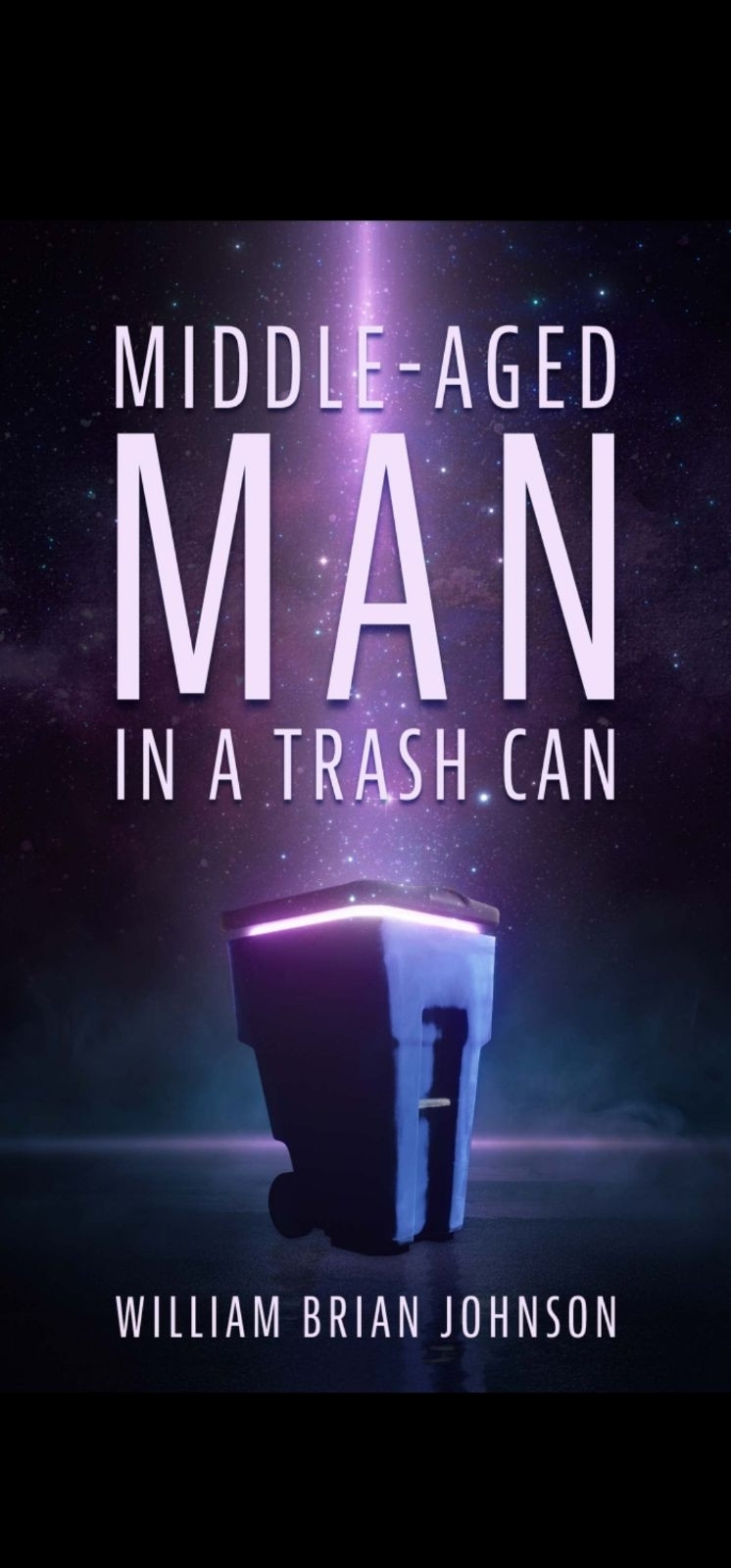Posts
Showing posts from 2025
Middle-Aged Man in a Trashcan is released
- Get link
- X
- Other Apps
Tropes, the Good, the Bad, and the Ugly. Middle-Aged Man in a Trashcan
- Get link
- X
- Other Apps
Middle-Aged Man in a Trashcan by William Brian Johnson
- Get link
- X
- Other Apps
5th Dimensional Spaces and Worm Holes, Oh My.
- Get link
- X
- Other Apps
Episode 43: From Selma to Derry: Dr. Forrest Isaac Jones Connects Civil Rights Movements
- Get link
- X
- Other Apps
Middle-Aged Man in a Trashcan Preorder now available
- Get link
- X
- Other Apps
Episode 42 (That Magic Number) with Samantha Ryan
- Get link
- X
- Other Apps
Episode 41 Interview with Nick Lyon and Aleasha Wales Shelnutt
- Get link
- X
- Other Apps
Tikiman and the Viking Podcast Episode 40 recap
- Get link
- X
- Other Apps








.png)

